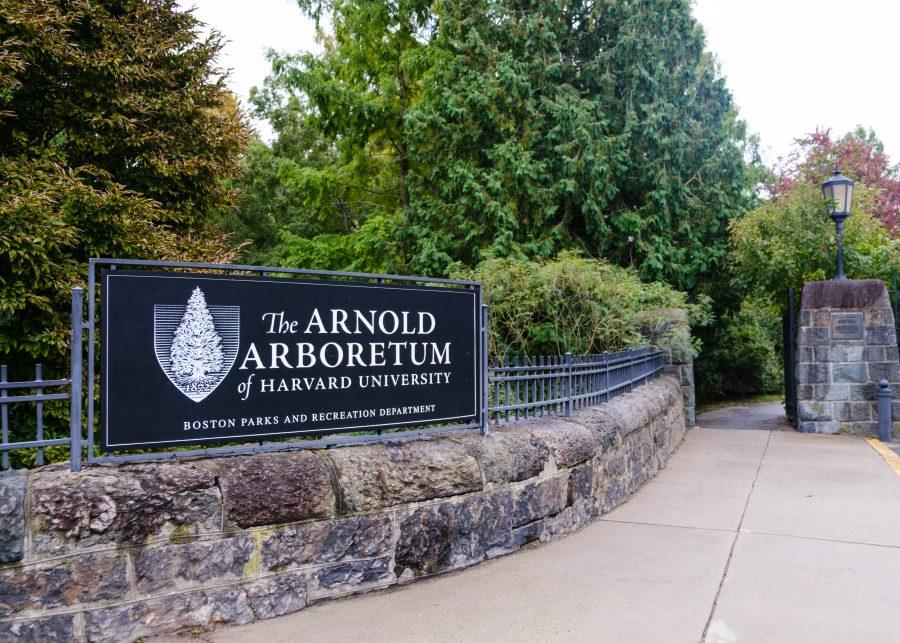Mayor Michelle Wu launched a new forestry division under the Boston Parks and Recreation Department to protect the city’s green space. Mayor Wu announced this at Arnold Arboretum of Harvard University, a botanical research institution, donating ten dawn redwood trees to the City of Boston as a generous gift. Redwood trees are unique since they are the first redwoods to grow in North America in over two million years. The ten redwood trees, given as gifts, will be planted in various communities. They could grow up to 75 feet tall.
“Trees are our best green technology to fight climate change and build healthy, beautiful communities, especially as heat and storms intensify,” said Wu. She added that a dedicated team of people, coupled with resources, would preserve and strengthen the city’s green urban setting.
Creating the forestry division is one of the integral suggestions of the Urban Forest Plan, which is a framework for how the Boston community can help preserve and protect trees and green space. The plan has outlined several major goals, like expanding comprehensive and “proactive urban forestry work across City departments,” facilitating community-driven programs, and prioritizing working on the areas that are historically excluded and are socially vulnerable.
The city’s new division will “significantly expand the city’s capacity to plant and care for trees in every neighborhood,” said Ryan Woods, Boston Parks and Recreation Department Commissioner.
Officials are optimistic that the new project will also expand the workforce and employment opportunities. Wu said the division would have a Director of Urban Forestry, three arborists, three three-person maintenance crews, and several support staff. The larger the crew, the more quickly and effectively the city can address the issue of the backlog in tree maintenance.
This remarkable step of creating a forestry division was in response to startling statistics, which indicate that nearly 40 percent of trees die within seven years of being planted.
Under the administration of former Mayor Martin J. Walsh, the city department released a 2014-2019 Tree Canopy Assessment, which gave vital findings. Some of them include:
1) Boston’s tree canopy has remained relatively stable from 2014 to 2019, at 27 percent of all city land area.
2) More tree canopy was lost on residential land than any other land use type.
3) Tree planting and preservation efforts are effective and pay greater dividends as trees mature.
These measures are imperative for Boston residents, who remain highly affected by extreme climatic conditions. The city also launched programs, like Climate Ready Boston, to help the communities fight the adverse effects of climate change and build a resilient green future. Some key focus areas include The Heat Plan, resilient Harbor Vision, Coastal Resilience Neighborhood Planning and more.
Around $5.9 million is invested in the City’s FY2023 Operating and Capital Budget to complement the large workforce. “As a member of the Urban Forest Plan’s Equity Council, I was part of a group of community members who focused on creating a healthy environment for residents through equitable conservation and expansion of Boston’s tree canopy,” said Dr. Atyia Martin, executive director of Next Leadership Development and board chair for Speak for the Trees.
Political leaders, including Massachusetts Senators, have endorsed climate change deals and have agreed to invest a substantive amount in carrying out the projects, revolving around climate change policies. Mass. Senator Edward J. Markey is the biggest proponent of Environmental Justice and has ardently advocated for the Green New Deal. With new projects and a forestry division, the City of Boston can transform into Green City.
Mayor Wu announces a new forestry division
The entrance to the Arnold Arboretum in Jamaica Plain. Photo by Josh Kotler / Mass Media Staff
Contributors
Kaushar Barejiya, News Editor
Josh Kotler, Photographer

